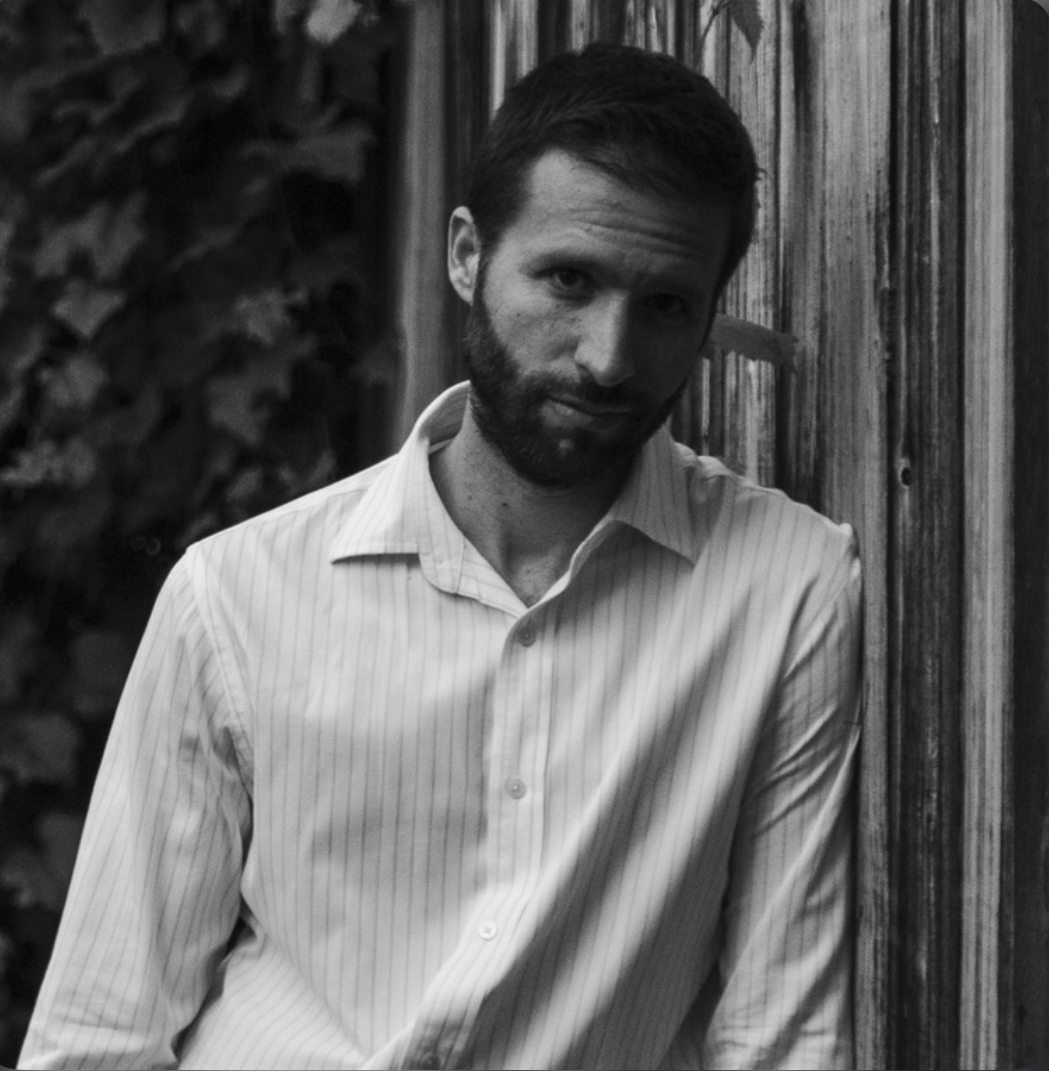
THE REVOLUTION BETWEEN WRITERS AND THE MEDIA
AWP panelists debate politic's place in literature.
March 26, 2022
(PHILADELPHIA) In a world of trigger warnings, cancel culture and censorship, some writers feel politics don’t have a place in literary work and others believe everything belongs in writing.
“I like publishing stories that I hate,” says panel moderator J.A. Bernstein with a laugh.
Bernstein, an assistant professor at the University of Southern Mississippi, and fiction Editor of Tikkun, shares his thoughts on political and generational differences in terms of choosing pieces for publication.
“Not necessarily hate,” Bernstein continues, “they are all very well-written pieces, but I think it’s important to read and publish people you disagree with.”
“We should find folks who disagree with us.”
Bernstein was the event organizer of the panel discussion, The Revolution Will Be Serialized: Literary Journals & Political Movements, at AWP, the largest literary conference in the nation, held this year in Philadelphia.
Panelists spoke about politics’ place in literature, based on author George Orwell’s public views on the subject.
George Orwell warned in 1940, “The literary history of the thirties seems to justify the opinion that a writer does well to keep out of politics.”
Bernstein, however, disagrees with Orwell’s view.
“We shouldn’t pretend that politics don’t have a place in literature, ” he says. “We are editors. We are the gatekeepers.”
Bernstein adds, “I don’t ever feel there is something that is off the table.”
Panelist Clayton Bradshaw, an assistant editor for Mississippi Review, asks why editors sometimes reject controversial pieces. “Is this considered taboo,” he asks, “or is this just something we don’t want to include or amplify?”
All four panelists at the presentation are editors for different journals. They all share their advice on how to get your work published.
“Write honestly and write passionately, ” says Gilad Elbom, the fiction editor of North Dakota Quarterly and a professor at Oregon State University.
“That excitement will come through in your work,” Elbom says. “If you’re excited about it, other people will be too.”

